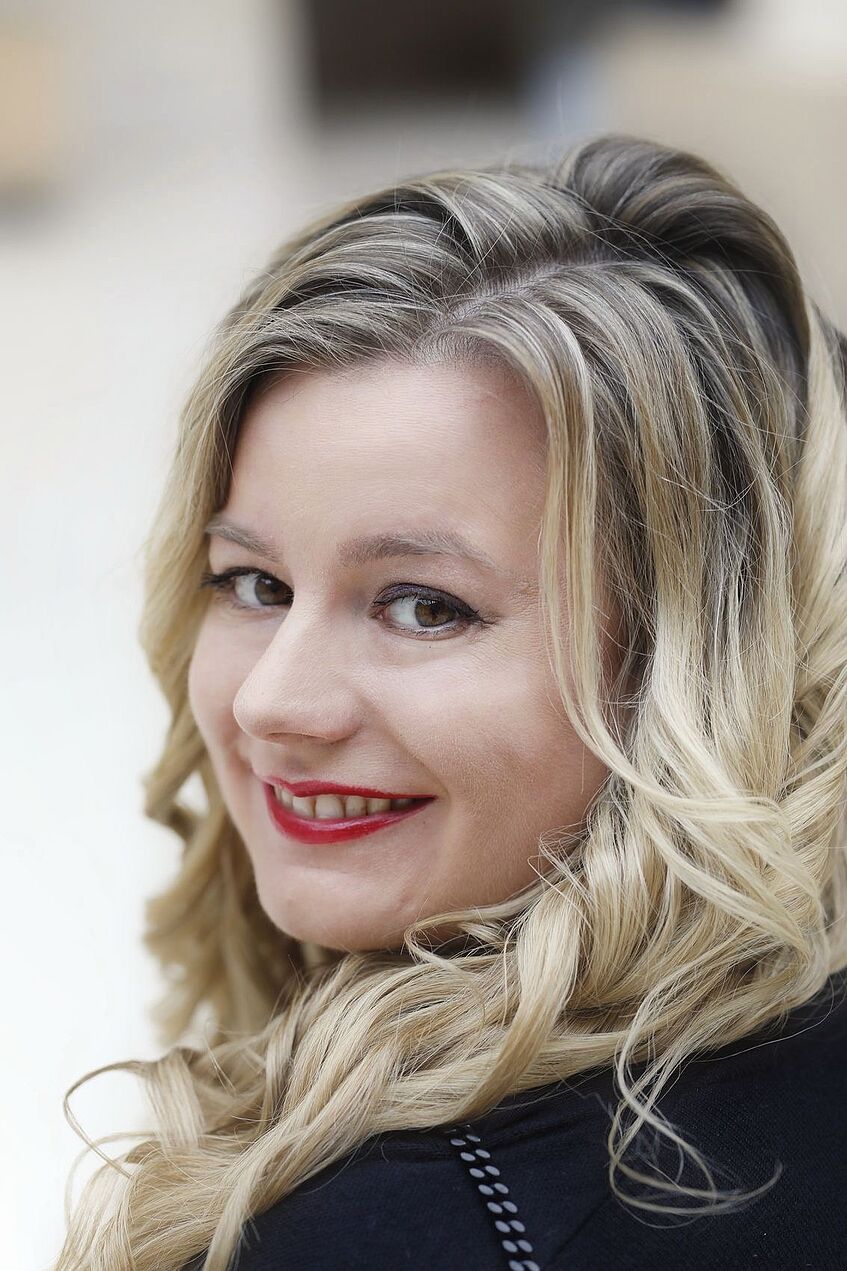Visiting Professor Rinna Kullaa

E-Mail: rinna.kullaa@uta.fi, rinna.kullaa@univie.ac.at
Telefon: +43-1-4277-411 12
Zimmernummer: 2N-Z1-04
Personalverzeichnis: u:find
Current research project:
Russia and the Great Powers across the Mediterranean 1945-2015
www.rusmed.eu
Research Cluster for the Study of East Central
Europe and the History of Transformations (RECET)
http://recet.univie.ac.at/
My current research project investigates the history of international relations across the Mediterranean area after the Second World War until today. I argue that the Mediterranean region continued to exist and functioned as a political space even after the end of European empires. The purpose of Rusmed is to discover the pathways of those states which became independent or were newly organized after WWII. Their recent histories were scoured out through diplomatic relations and development projects sometimes shared among them. I argue that Yugoslavia, Egypt, Morocco, Tunisia, Cyprus, Syria, and Lebanon among others pursued international relations more independently and more vigorously during the Cold War than our historiography has demonstrated until now. At the same time, the history of Russia in the Mediterranean has also remained largely unwritten. Here the Soviet Union and East Central European states served as important anti-imperial models. Moscow´s presence and permanence from the time of the Russian Empire until after the end of the Soviet Union is illuminating, as are interactions with the European Economic Community/EU in later decades as well. I draw new evidence from the archives of the French Foreign Ministry, Gramsci Institute in Rome and many other national and organizational archives. For the duration of this project I am on leave from permanent position in Global History at the University of Tampere.
Exemplary publications:
Rinna Kullaa: Non-Alignment and its Origins in Cold War Europe: Yugoslavia, Finland and the Soviet Challenge. London/New York: I.B. Tauris, 2012.
Rinna Kullaa: The European Parliament and the UK Parliament: A Relationship in Foreign Policy, Parliamentary History, 30 (1) 2016, pp. 67-80.
